THERE has been a new Sunday morning routine in our house this year. Since my ten- year-old daughter got into football by watching Euro 2020 and the Lionesses triumph in the women’s Euros, the alarm goes off at 7.30am so we can get up to watch the early morning repeat edition of Match of the Day without knowing the football scores.
So I was one of many parents who had to explain what had happened to the weekend’s football highlights: a 20-minute programme with no commentators after the BBC’s suspension of host Gary Lineker led to a mutiny among pundits, players and BBC sport staff. My daughter’s first reaction was that cutting out the pundits – “the boring bits” – could make the programme better. But she also wanted to know when Lineker will be back on screen. It was not straightforward to explain how the arguments about refugees and history, free speech, politics and BBC impartiality risked cancelling the football – but this battle of Match of the Day will be among the first political arguments that many teenagers hear about too.
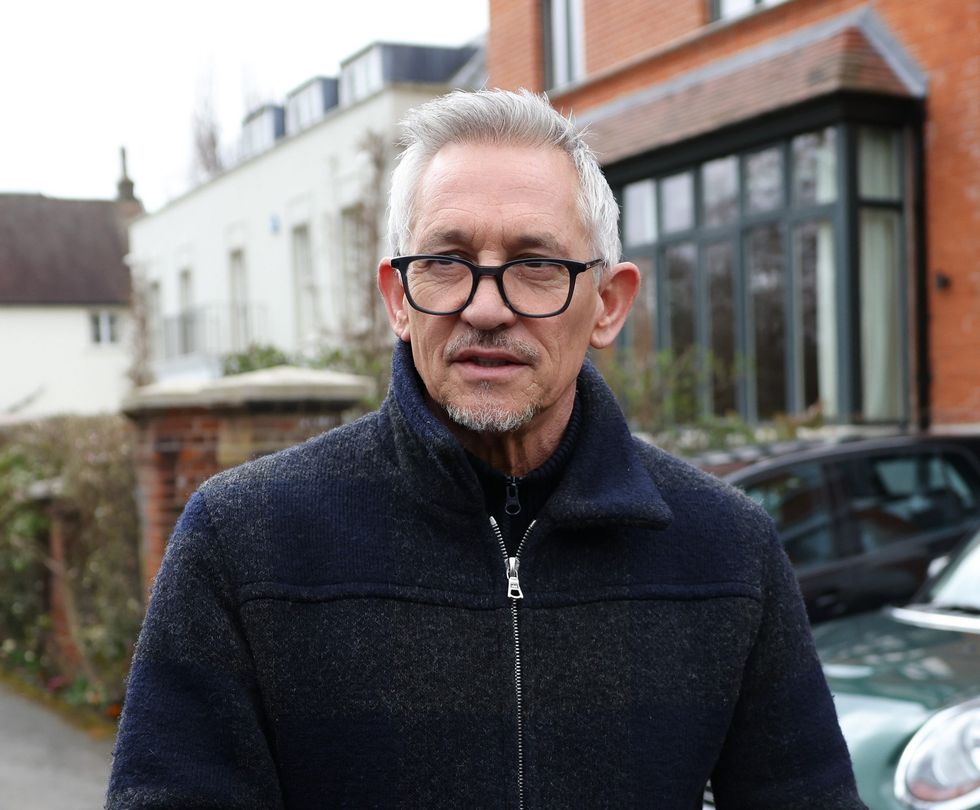
The BBC struggles in the crossfire of the culture war and scored several own goals. It was odd for the main news bulletins to treat the early skirmishes over Lineker’s tweets as more newsworthy than the government’s asylum bill. The management’s decision to suspend the presenter escalated that twitterstorm into a farcical crisis. BBC impartiality matters, but a fatal lack of clarity and consistency meant that panicked responses to political pressure lacked legitimacy, either with BBC contributors or the general public.
Lineker’s challenge to the government’s asylum bill as an “immeasurably cruel policy” argued this was being pursued in language “not dissimilar to that used by Germany in the 30s”. Reaching for the Nazi analogy was ill-judged, challenging hyperbole with hyperbole. There was, though, plenty to criticise in how home secretary Suella Braverman made the case for her bill. With 40,000 people crossing the Channel last year, Braverman told the Commons that a 100 million people might come to claim asylum in Britain, increasing this to “likely billions more eager to come here if possible” in a newspaper article. These lurid exaggerations reflect a deliberate political strategy to escalate public perceptions of threat. Research consistently finds that threat perceptions are a strong driver of anti-immigration public sentiment. But this is irresponsible language from a home secretary who is responsible for countering extremism too. Threat perceptions of ‘out groups’ are also the key risk factor in proactive far-right efforts to stoke protest into disorder and violence.
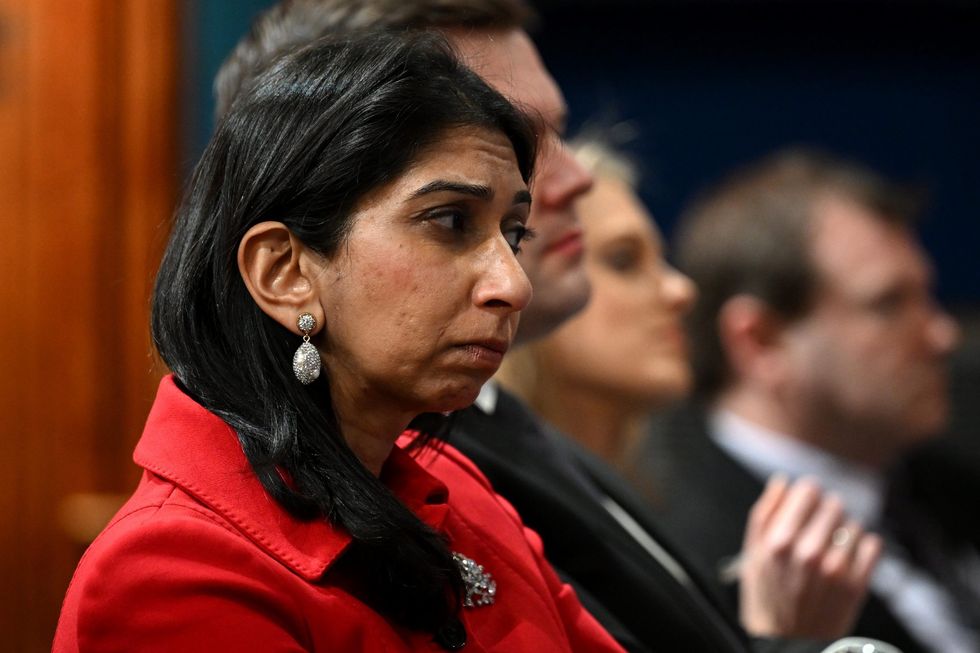
The polarisation over asylum played out at last Tuesday’s (7) GG2 Leadership and Diversity awards too, which exemplified the cocktail of progress and polarisation in the politics of diversity and migration. Prime minister Rishi Sunak won the double this year. It must have been especially easy, in this 24th year of the awards ceremony, for the judges to decide that both the “hammer” award for breaking the glass ceiling and the top place on the GG2 Power List were bound to go to the first British Asian prime minister. Grant Shapps made the Tory case for pride in a multi-ethnic Britain, reminding guests that David Cameron had been right in his prediction, at the 2014 edition, that the Conservatives would provide Britain’s first Asian prime minister. Labour MP Barry Gardiner, part of the judging panel, was sincere in noting the historic nature of the prime minister’s achievement, yet gave an impassioned speech about the clash with the values of the asylum bill. This brought a riposte from Conservative MP Shailesh Vara, arguing that partisan clashes over the issue should be kept for parliament, not a community celebration.
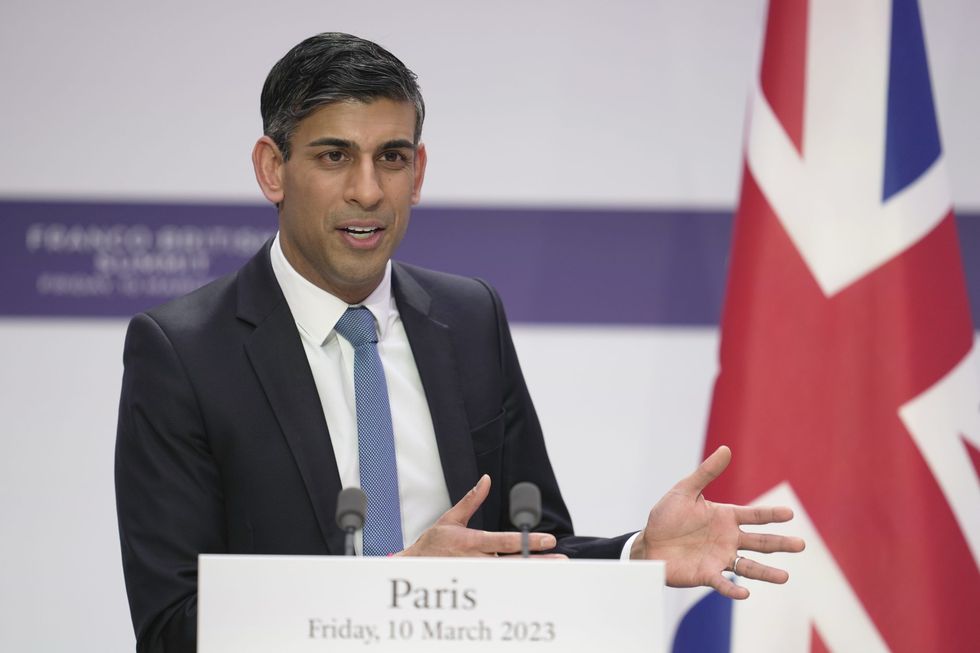
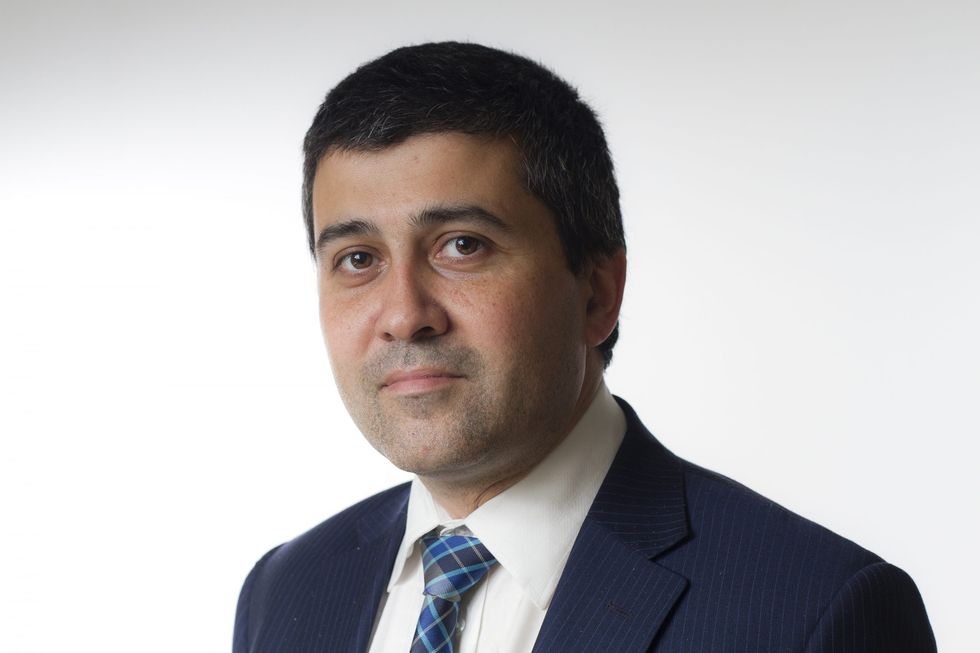
What risks getting lost in heated controversies about language was the content of the proposed legislation – especially with the government proposing to pass the bill at breakneck speed through the House of Commons this week. The provisions of the bill would – in future – rule inadmissible the vast majority of asylum claims granted in the UK over the past two decades. In seeking to make asylum claims permanently inadmissible, even when there is no realistic prospect of removing somebody from the UK, the bill breaches the core principles of the UN refugee convention, a key point made by the UNHCR, the Board of Deputies of British Jews and the Church of England and, despite the political polarisation, editorials in The Spectator and The Times.
Sunak may be, by instinct, more of a political bridger than a polariser, with less appetite than his home secretary for embracing the culture war. Yet this bill is designed to sharply polarise the politics of asylum ahead of the general election. The next parliament will inherit a different challenge: how to repair and reform refugee protection in this country, to counter the increasingly angry politics of asylum with an orderly, workable and humane agenda capable of rebuilding political and public consent.


















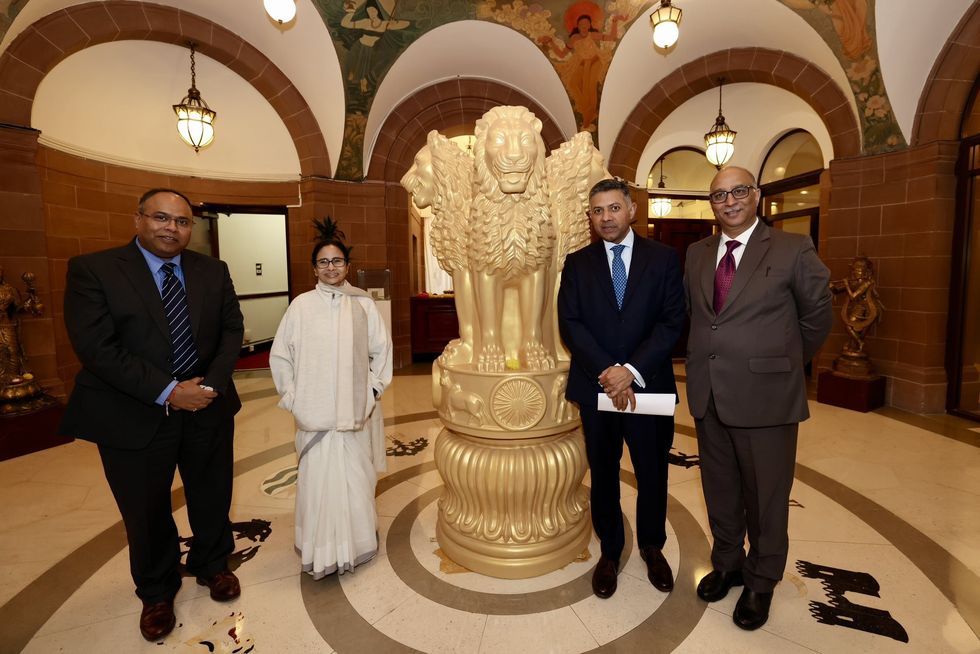
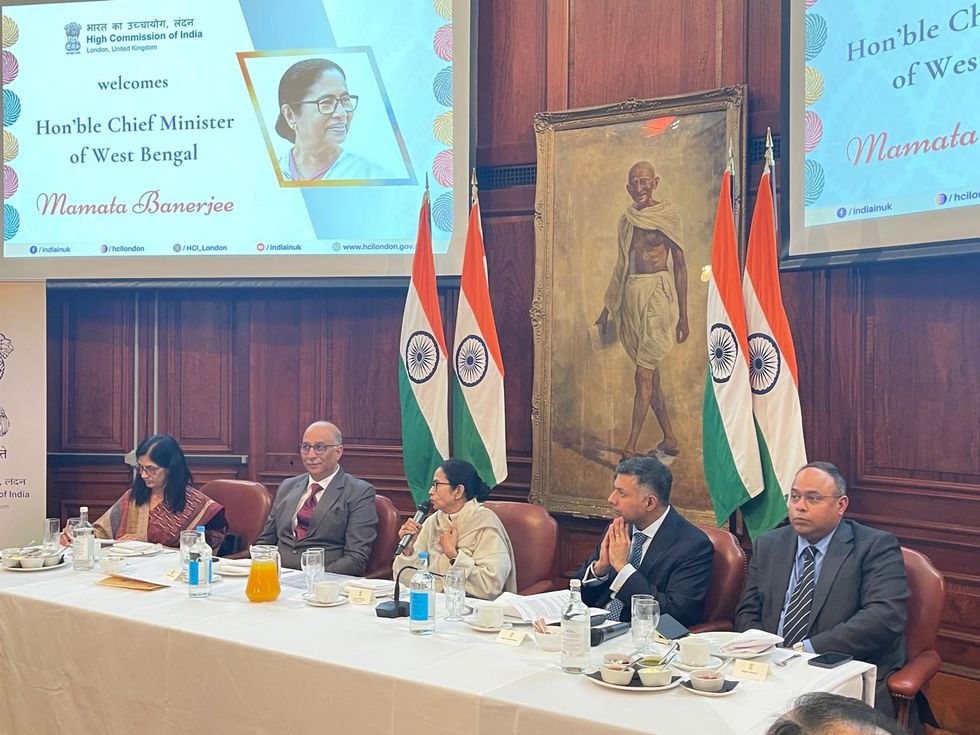


 Hamdan Ballal’s detention following his Oscar win has sparked international condemnationGetty Images
Hamdan Ballal’s detention following his Oscar win has sparked international condemnationGetty Images 